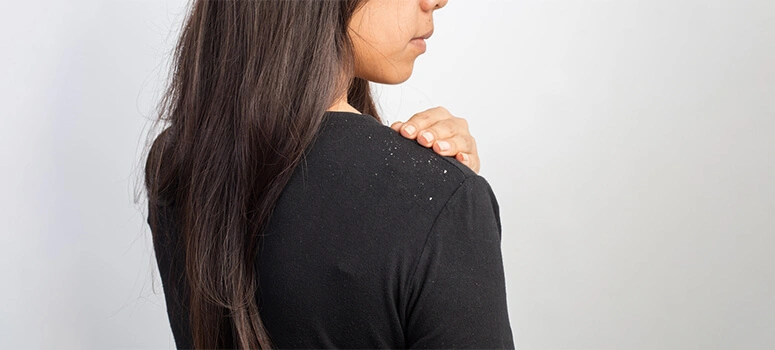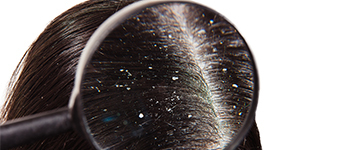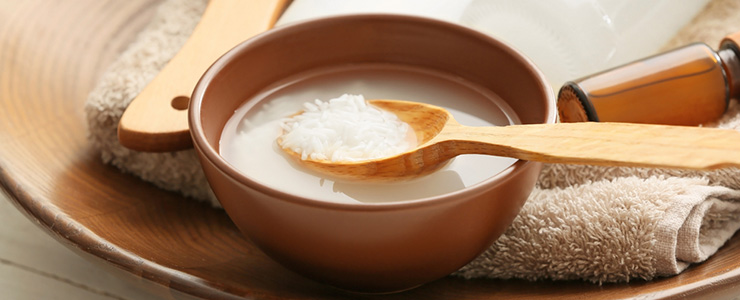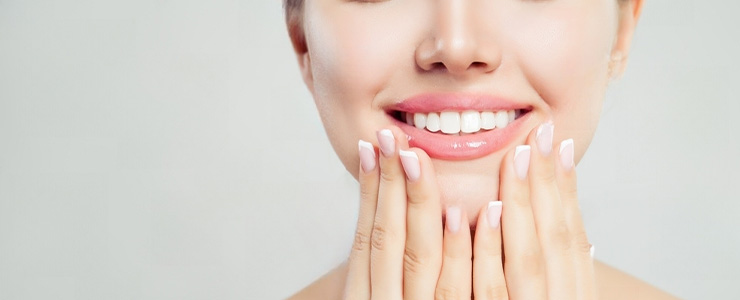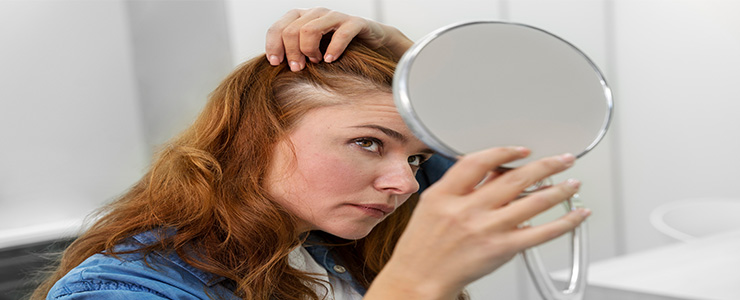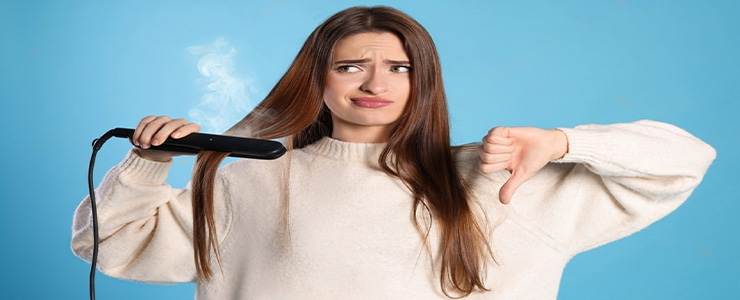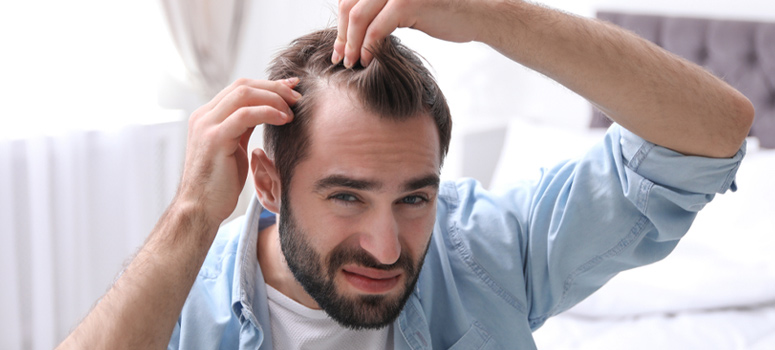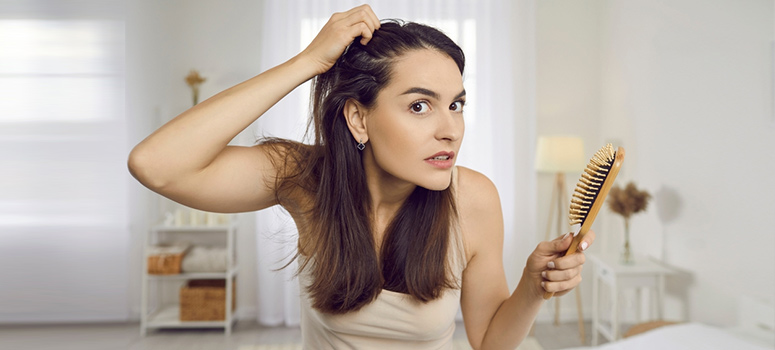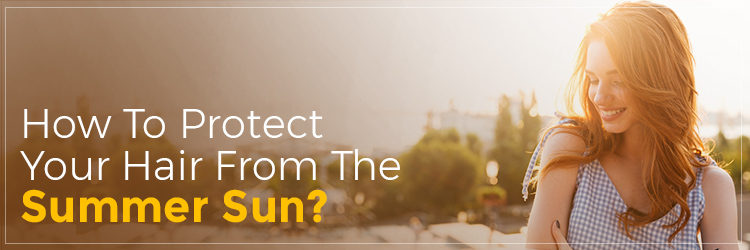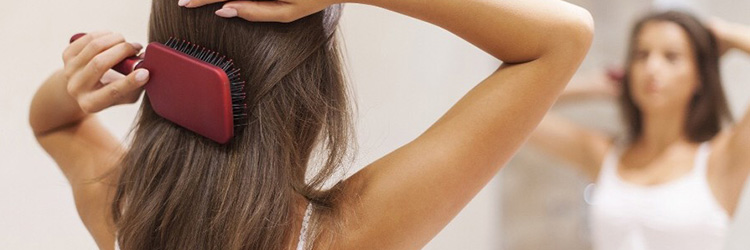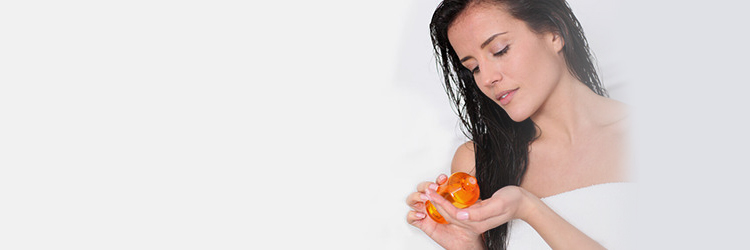Nothing is more annoying than white, dry flakes of dandruff on your shoulder. When scalp cells wither and die, they form transparent white scales known as dandruff that are gradually shed from your hair. How can you reduce dandruff and hair fall? Dermatologists suggest trying both traditional and clinical treatments.
A natural part of the hair cycle, dandruff is harmless but triggers hair issues like premature hair loss and scalp infections when left untreated. Excess dandruff formation is often a sign of underlying scalp problems. Keep reading to know more about the formation and the tips to prevent premature shedding and scalp discomfort. reasons for dandruff formation and the tips to prevent premature shedding and scalp discomfort.
What Causes Dandruff?
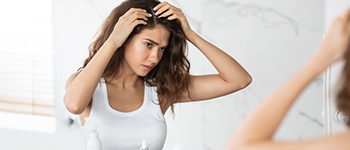
Factors Responsible for Dandruff Formation
- A build-up of dead cells on the scalp
- Hair infections like dermatitis, folliculitis, ringworm disease, etc.
- Absence of hair care and poor hygiene
- Improper lifestyle – smoking, alcohol, stress
- Pollution
- Sensitive scalp (alopecia)
- Malassezia infection (yeast problem)
- Clogged skin from oily scalp
- Flaking skin from dry scalp
- Vitamin B-complex and micronutrient deficiency
Clinical Treatment of Dandruff
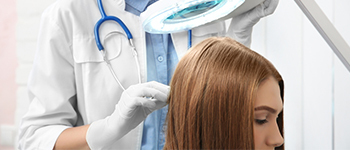
- Coal tar-based anti-dandruff preparations reduce flaking, slowing down dandruff formation.
- Pyrithione zinc in anti-dandruff shampoos effectively counters pathogenic activity on your scalp
- Salicylic acid preparation nourishes your hair, embalms the scalp and counters itching and dandruff formation.
Side-Effects of Chemical Anti-Dandruff Solutions
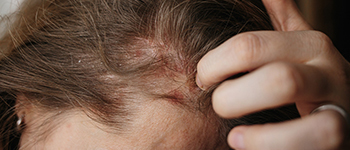
- Hair discolouration
- Nausea (exposure to mouth)
- Discomfort under the sun
- Inflammation and allergic reaction
How to Wash Your Hair after Anti-Dandruff Application
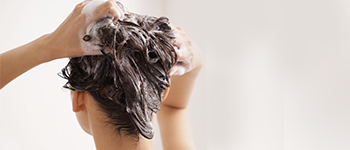
- Wet your hair.
- Pour the shampoo into a bowl and dilute it with water.
- Apply on your scalp, then use your fingertips to spread it all over your hair.
- Let it soak for five minutes.
- Rinse and wash it off thoroughly using lukewarm water.
Homemade Preparations to Treat Dandruff and Hair Fall
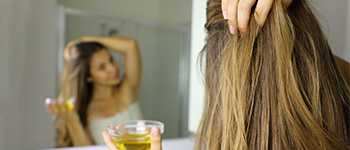
- Warm coconut oil and massage your scalp slowly using your fingertips.
- Cut an aloe vera (rich hair supplement) stem and rub it raw on your scalp.
- Prepare a hair mask (lemon juice-yoghurt) and apply it to the scalp. Wash it off with a mild shampoo.
- Apply diluted lemon juice (natural anti-dandruff recipe).
- Apply olive and tea tree oil to condition damaged hair and prevent fungal problems.
- An aspirin powder and shampoo combination is rich in salicylic acid, making it a cheap and effective anti-dandruff remedy.
Lifestyle Tips for Dandruff and Hair Fall Problems

- Combing is your hair’s workout (it spreads natural oil from tip to root).
- Abstain from a toxic lifestyle (smoking enhances stress, a leading hair loss trigger).
- Consume a balanced diet rich in essential micronutrients (green vegetables are a blessing for satin-like hair).
- Say hello to the sun (vitamin D and soft hair are a couple).
- Use herbal hair products.
Why Seeking Clinical Advice is Vital for Dandruff?
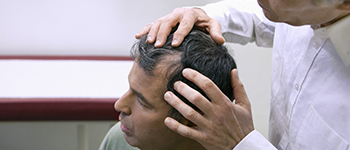
How to Recognise Dandruff Itching from Eczema?
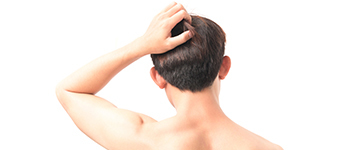
how to reduce dandruff and hair fall. While both share common symptoms, eczema is an immunity-related problem that triggers extreme itching that leads to bleeding. While dandruff is curable with adequate hair care, eczema is an incurable dermal problem.
Check your scalp build-up. If the flakes come off without discomfort, it’s a dandruff problem. While eczema symptoms include flaking, a sudden urge to itch, inflammatory flares, or sensitive skin are absent when suffering from dandruff.
Conclusion
Dandruff affects 50% of the world’s population, and men are more prone to experience dandruff than women. Adequate hair care and preventive lifestyle keep dandruff at bay. Dandruff often reduces with seasonal change, but visit a dermatologist if you’re experiencing intense flaking and hair loss.
Skin and Hair Academy offers to connect you with the leading dermatologists near you to clear all of your doubts. Visit them to learn how to flaunt your hair without any hair problems.

